Mayo Clinic Medical Breast Advanced Topics 2022 (CME VIDEOS)
$1,399 Original price was: $1,399.$120Current price is: $120.
44 Videos + 22 PDFs , 17.41 GB
The Medical Breast Training Program will provide clinicians tools and knowledge to evaluate and manage common breast complaints, to perform personalized risk assessment and risk management and to care for breast cancer survivors. The goal is to educate practitioners in the field about guidelines for screening and diagnosis, risk reduction, genetics, and survivorship.
Participants, through online, pre-recorded lectures and recorded interactive case discussion sessions, will gain practical knowledge about the workup and management of common breast issues, will confidently identify and manage those at risk and will effectively care for survivors, with topics ranging from bone health to sexuality to integrative medicine.
Learners can choose to enroll in the Medical Breast Clinical Care Series and/or Medical Breast Advanced Topics to conveniently access the information most relevant for their practice.
Target Audience
This program is designed for the specialty groups of for Medical Oncologists, Women’s Health, Family Medicine, and Primary Care. Content is designed for physicians, NP, PA , RN and Allied Health professionals.
Learning Objectives
Attendance at any Mayo Clinic course does not indicate or guarantee competence or proficiency in the skills, knowledge or performance of any care or procedure(s) which may be discussed or taught in this course.
- Describe the difference between non-invasive and invasive breast cancer including surgical options for early-stage breast cancer.
- Review updates in breast reconstruction for cancer patients.
- Describe healthcare needs for breast cancer survivors.
- Identify safe and effective treatments that may improve symptoms commonly seen in survivors including vasomotor symptoms, sexual dysfunction, lymphedema, and mental health concerns.
- Describe the role of healthy lifestyle habits including regular exercise, healthy diet, alcohol, and tobacco avoidance as it relates to breast cancer prevention and reduction in recurrence risk.
- Associate the risk of hormone use on patients with a high risk of breast cancer or a history of breast cancer who wish to use hormones for local or systemic therapy.
- Review commonly used types of chemotherapy regimens, outline frequent intervals utilized for various chemotherapy regimens, and briefly list immediate and late effects of chemotherapy.
- Summarize guidelines-based surveillance breast imaging recommendations for patients following lumpectomy, unilateral mastectomy, and bilateral mastectomy.
Program : Click here
Only logged in customers who have purchased this product may leave a review.
Related products
Basic sciences
PDF ,
PDF , File Size = 5.40 MB
Jones and Bartlett Publishers
Clinical Practice Guidelines For Midwifery & Women’s Health (Original PDF from Publisher)
PDF , File Size = 7.00 MB
Internal Medicine
Ultrasonography of the Prenatal Brain, Third Edition (Original PDF from Publisher)
PDF , File Size = 30.50 MB
PDF , File Size = 7.20 MB
Lippincott Williams & Wilkins
Blueprints Obstetrics and Gynecology (Blueprints Series) 6th
PDF , File Size = 35.70 MB
PDF ,
Obstetrics & Gynecology
The Midwife’s Labour and Birth Handbook 3rd (Original PDF from Publisher)
PDF ,
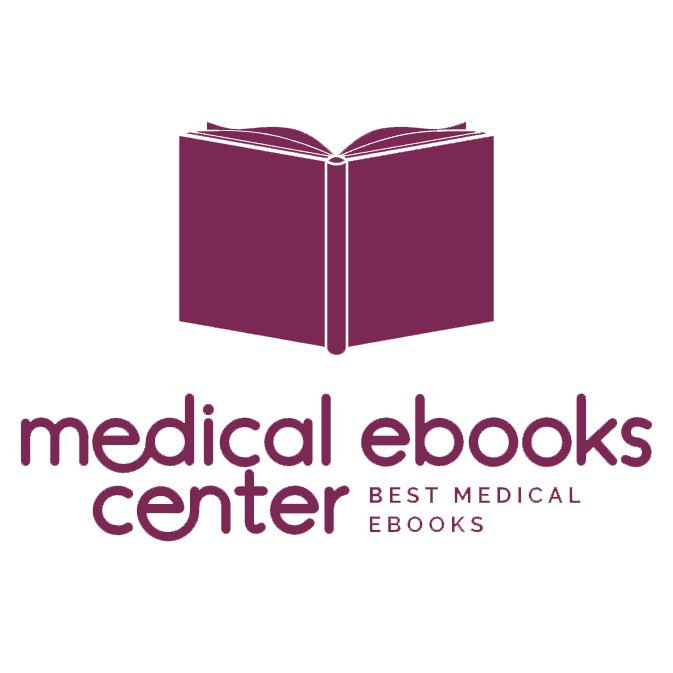

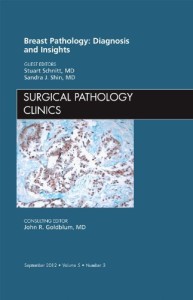
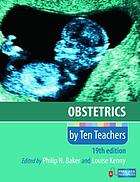
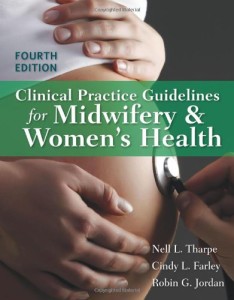
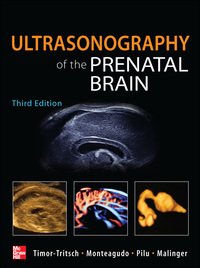
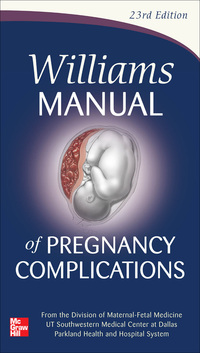
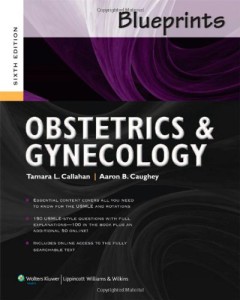
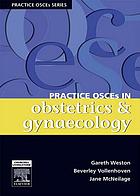
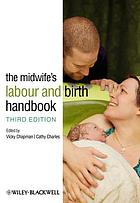
Reviews
There are no reviews yet.